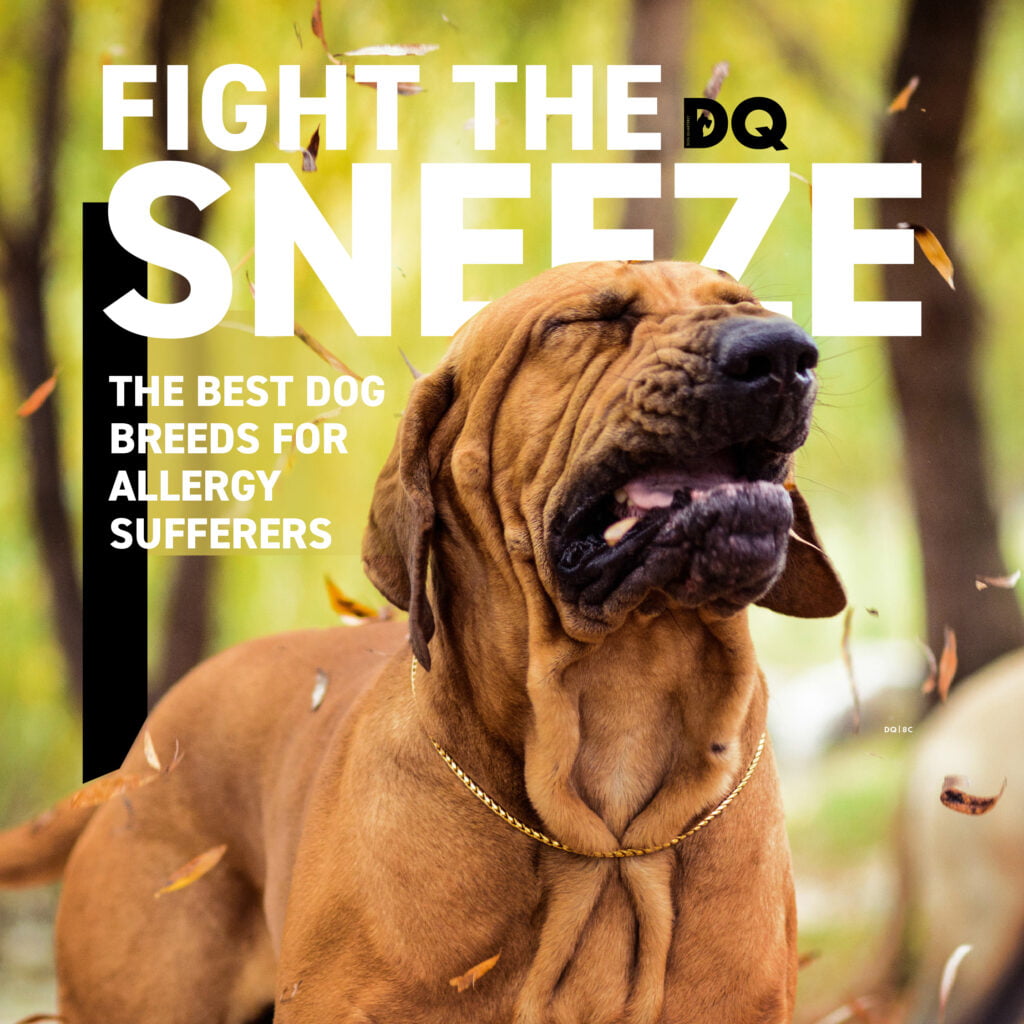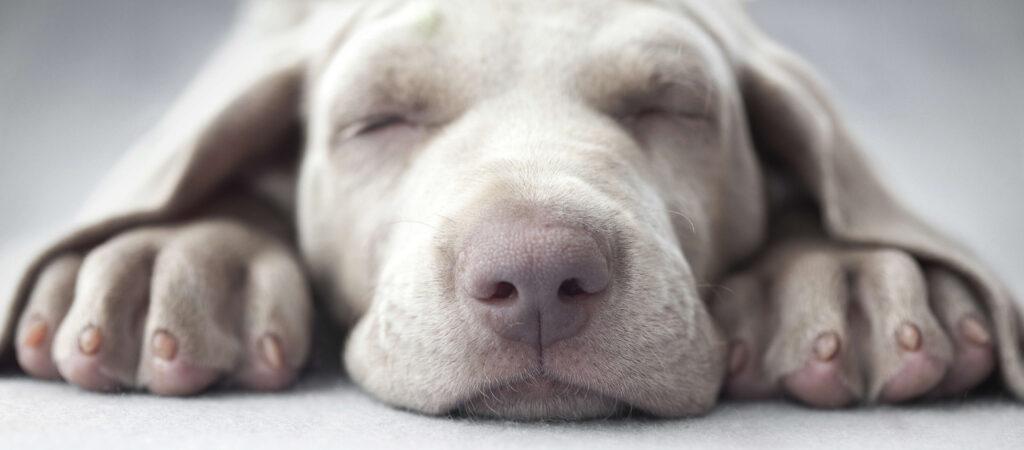For many, the joy of owning a dog is often overshadowed by the unpleasant symptoms of pet allergies. Symptoms like sneezing, itchy eyes, and even asthma can make pet ownership challenging for allergy sufferers. However, certain dog breeds are known to be more suitable for those with allergies, thanks to their unique coat types and shedding patterns. These breeds are often referred to as ‘hypoallergenic’ dogs, although it’s important to note that no dog breed is completely hypoallergenic.
Characteristics of a hypoallergenic dog
A hypoallergenic dog is one who is less likely to trigger allergic reactions in people who are sensitive to dander, hair, or other allergens associated with dogs. These dogs generally have some or all of the following characteristics.
- Less shedding: Hypoallergenic dogs typically shed less fur and dander than other breeds, which means fewer allergens are released into the environment.
- Hair type: Many hypoallergenic breeds have hair that grows continuously, similar to human hair, rather than fur that grows to a certain length and then sheds. These breeds often require regular grooming to prevent their hair from matting and to manage shedding.
- Size: Smaller dogs generally spread fewer allergens due to their size, although this is not always a reliable indicator.
What is dander?
Dander refers to tiny flakes of skin shed by animals, including dogs, cats, birds, and other pets. While many people commonly associate pet allergies with animal fur or hair, it is often the dander, not just the hair, that triggers allergic reactions in sensitive individuals.
Dander is composed of proteins found in animal skin, saliva, and urine. These proteins can cause allergic responses when they come into contact with a person’s respiratory system or skin. Dander is particularly challenging because it is microscopic, lightweight, and can remain airborne for a long time. It also tends to cling to furniture, bedding, fabrics, and other surfaces in a home.
Because dander can be spread through the air and accumulate on surfaces, it can be difficult to completely eliminate from an environment. Regular cleaning, air filtration systems, and maintaining specific pet-free areas can help reduce exposure to dander in households where allergies are a concern.
Understanding the role of dander in allergies is crucial for people who are allergic to animals but want to have pets. Opting for pets that are considered hypoallergenic—those that shed less skin and hair—can be a viable option for reducing the risk of allergic reactions.
Here’s a look at some of the best dog breeds for people suffering from allergies and why they might be a good fit.
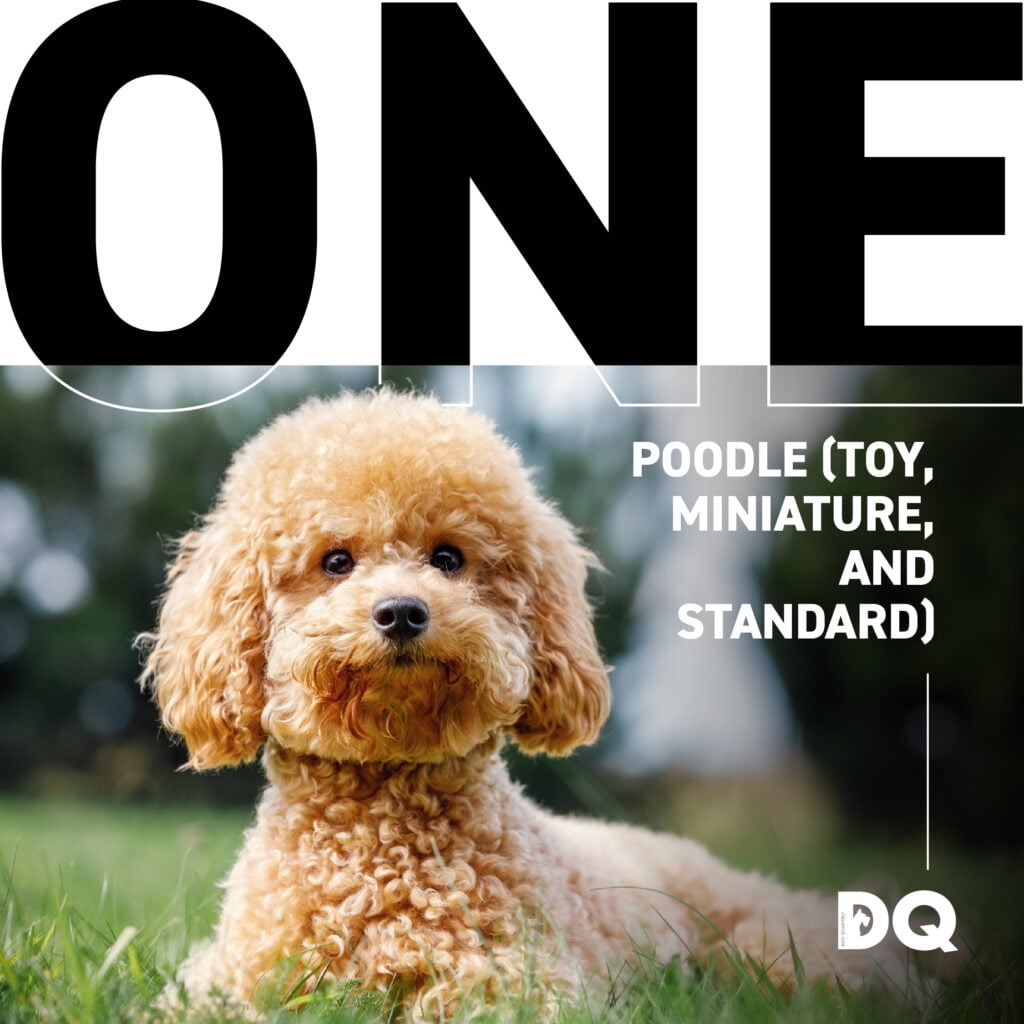
1. Poodle (Toy, Miniature, and Standard)
Poodles of all sizes are famed for their intelligence and curly, dense coats, which shed very minimally. Their hair, which is more similar to human hair than traditional fur, traps dander – the common allergen found in dog saliva and skin. Regular grooming keeps the dander to a minimum, making Poodles an excellent choice for allergy sufferers.
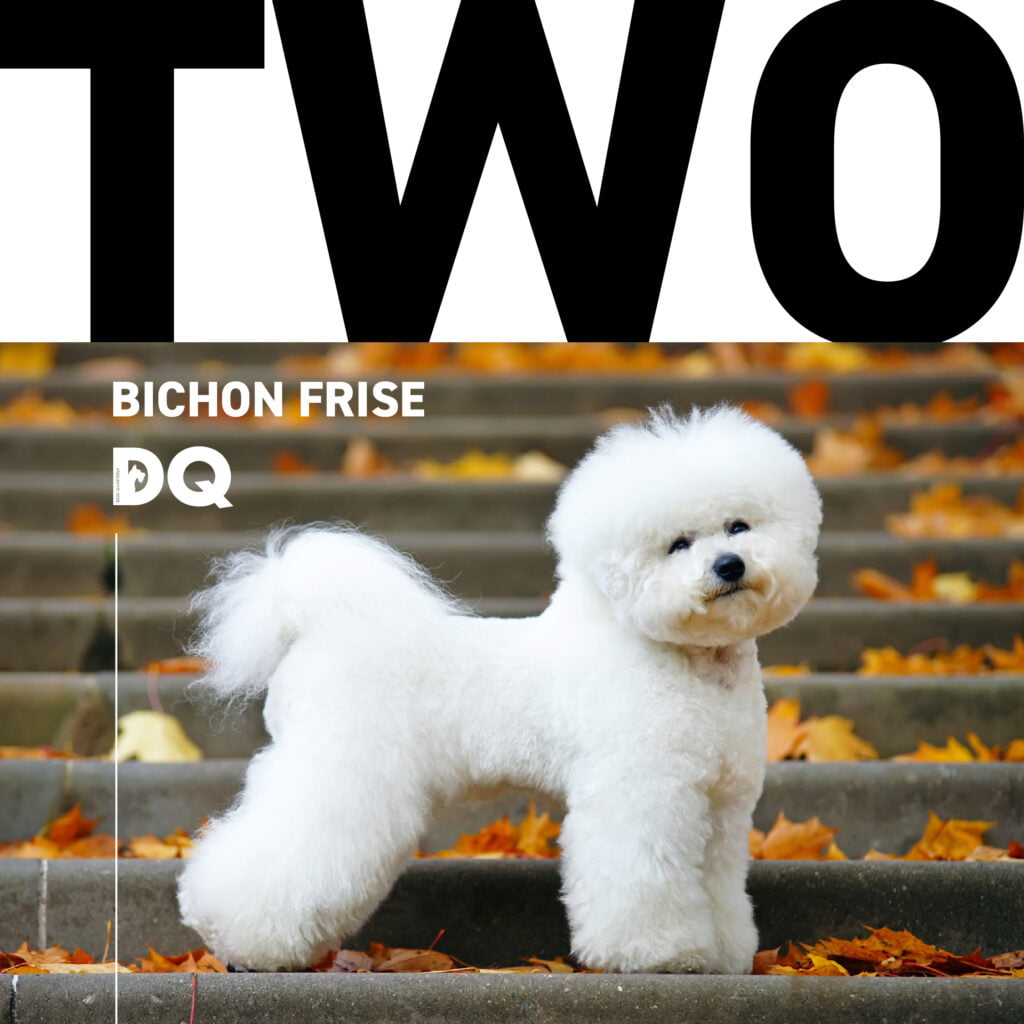
2. Bichon Frise
Known for their gentle manner and small size, Bichon Frises have a fluffy, double-layered coat that is highly curly, helping to reduce the spread of dander and hair. They are also very friendly and adapt well to various living conditions, making them ideal for families and individuals alike.
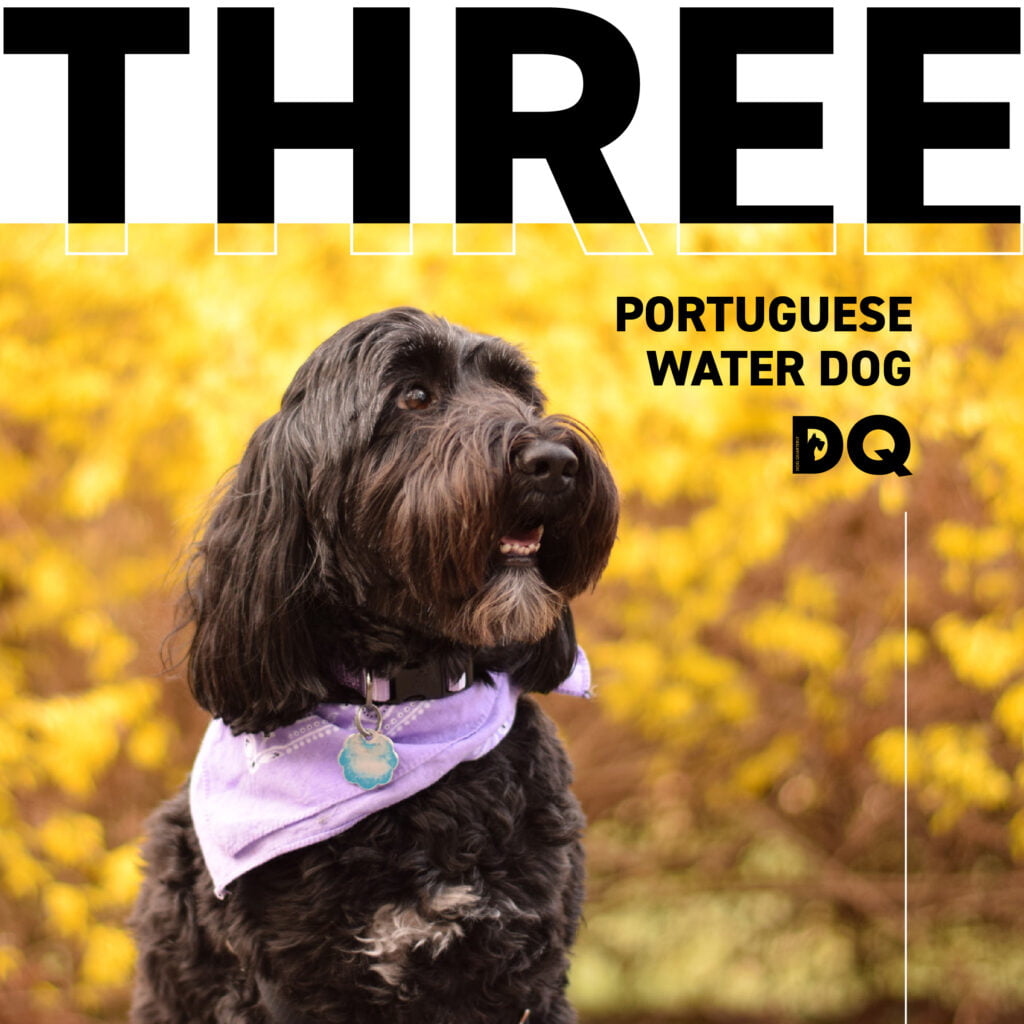
3. Portuguese Water Dog
Portuguese water dogs, made famous by their presence in the White House, have a waterproof coat that is either curly or wavy. This breed is known for minimal shedding and is often recommended for allergy sufferers who want an energetic and affectionate medium to large dog.
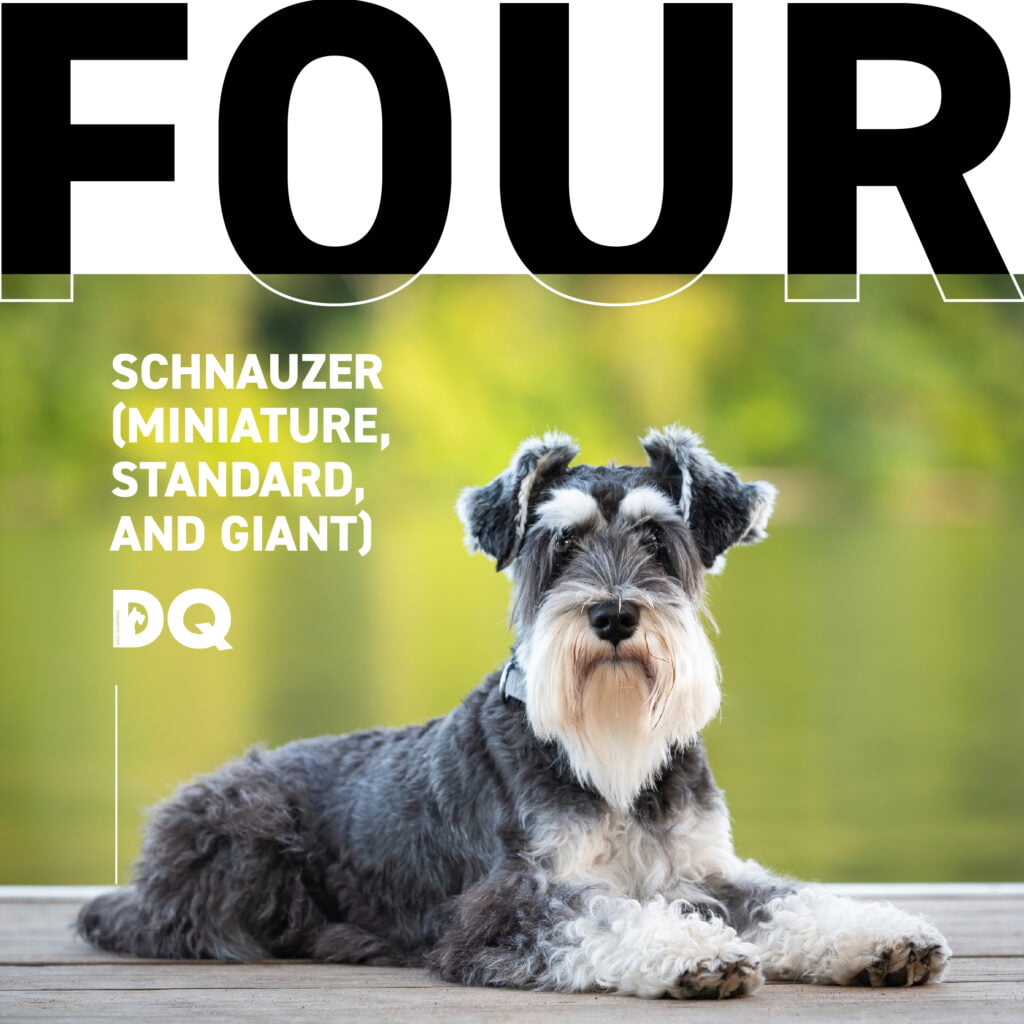
4. Schnauzer (Miniature, Standard, and Giant)
Schnauzers have a distinctive double coat consisting of a wiry outer coat and a soft undercoat. This breed sheds very little, and regular grooming can help minimise allergic reactions. Schnauzers are also known for their robust health and spirited personality.
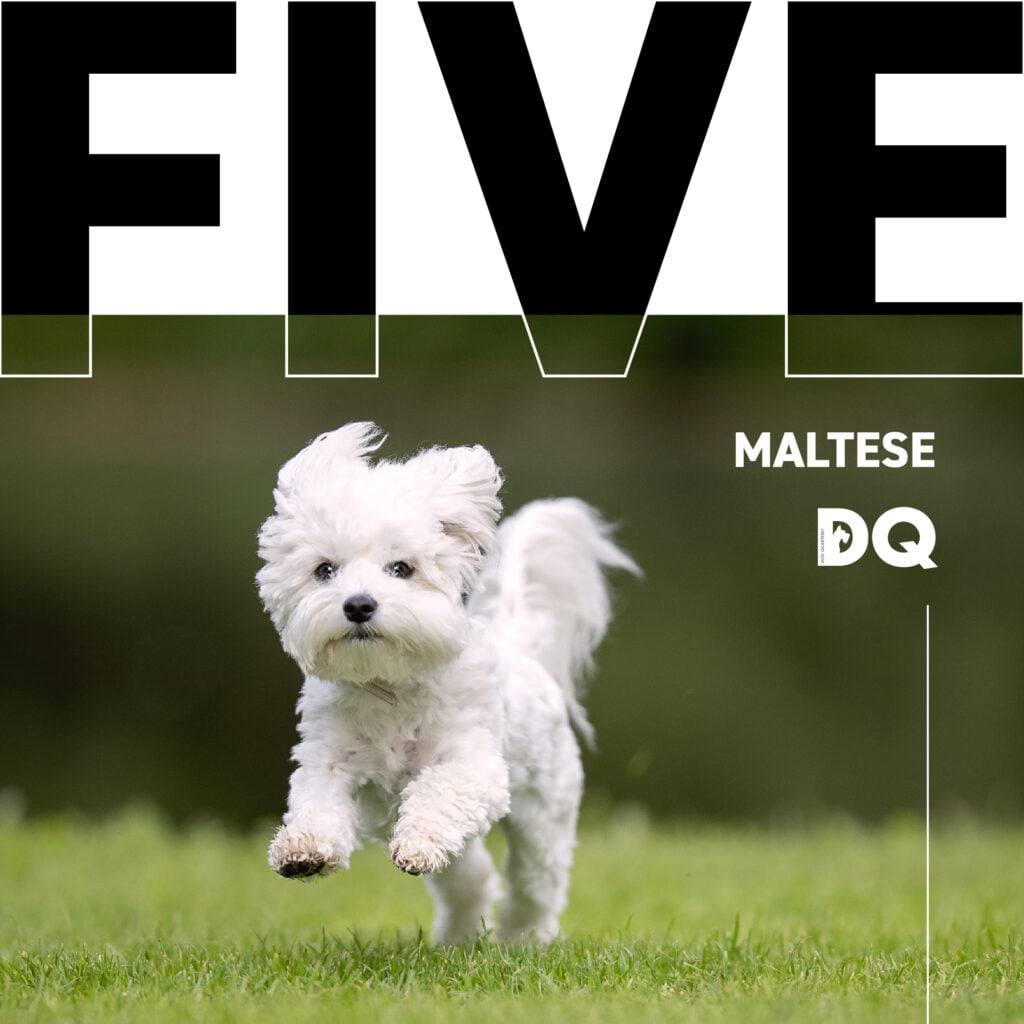
5. Maltese
The Maltese breed has long, silky hair that sheds very little. They are a small breed, making them a good choice for apartment living. Their hair, like the Poodle’s, grows continuously and requires regular grooming to prevent matting and reduce allergens.
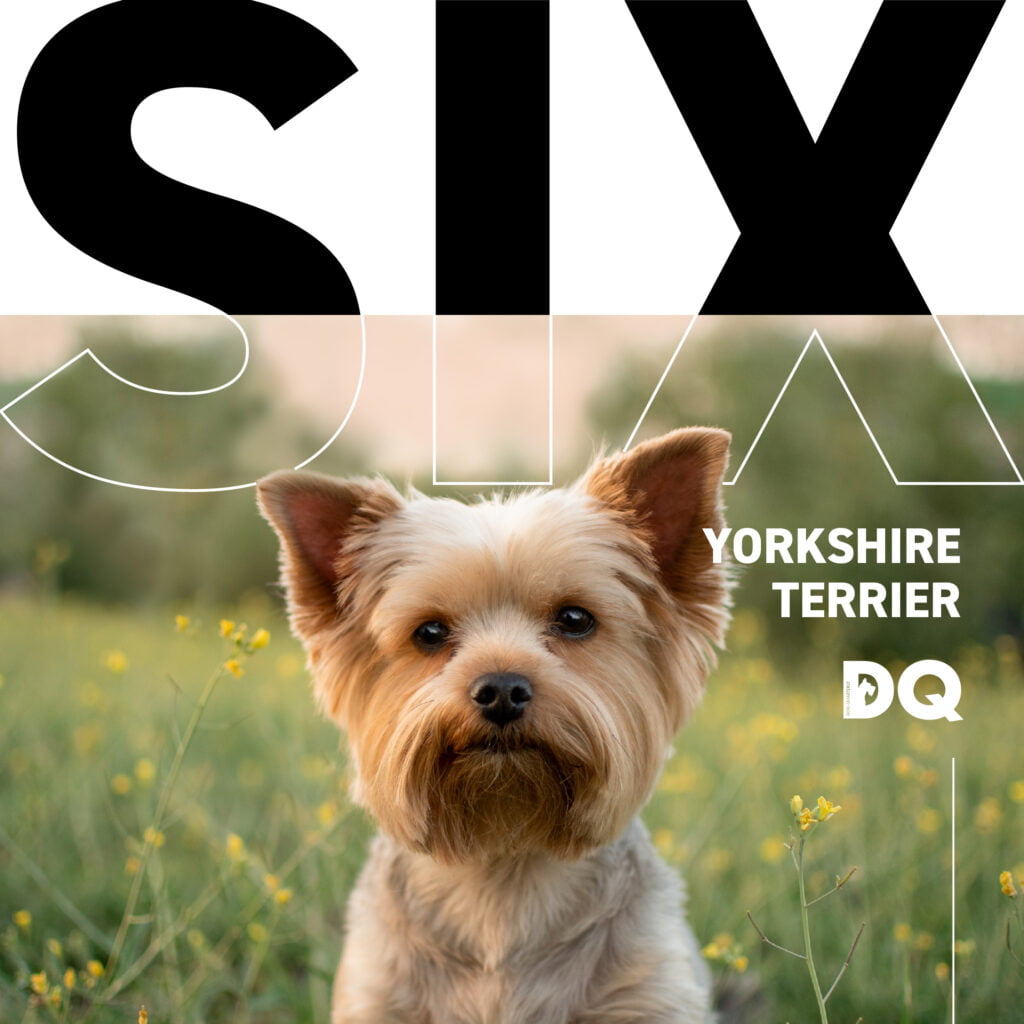
6. Yorkshire Terrier
Yorkshire Terriers have a fine, straight, and silky coat that sheds very little. Their compact size and affectionate nature make them great companions, although their long hair requires regular care to keep shedding and dander under control.
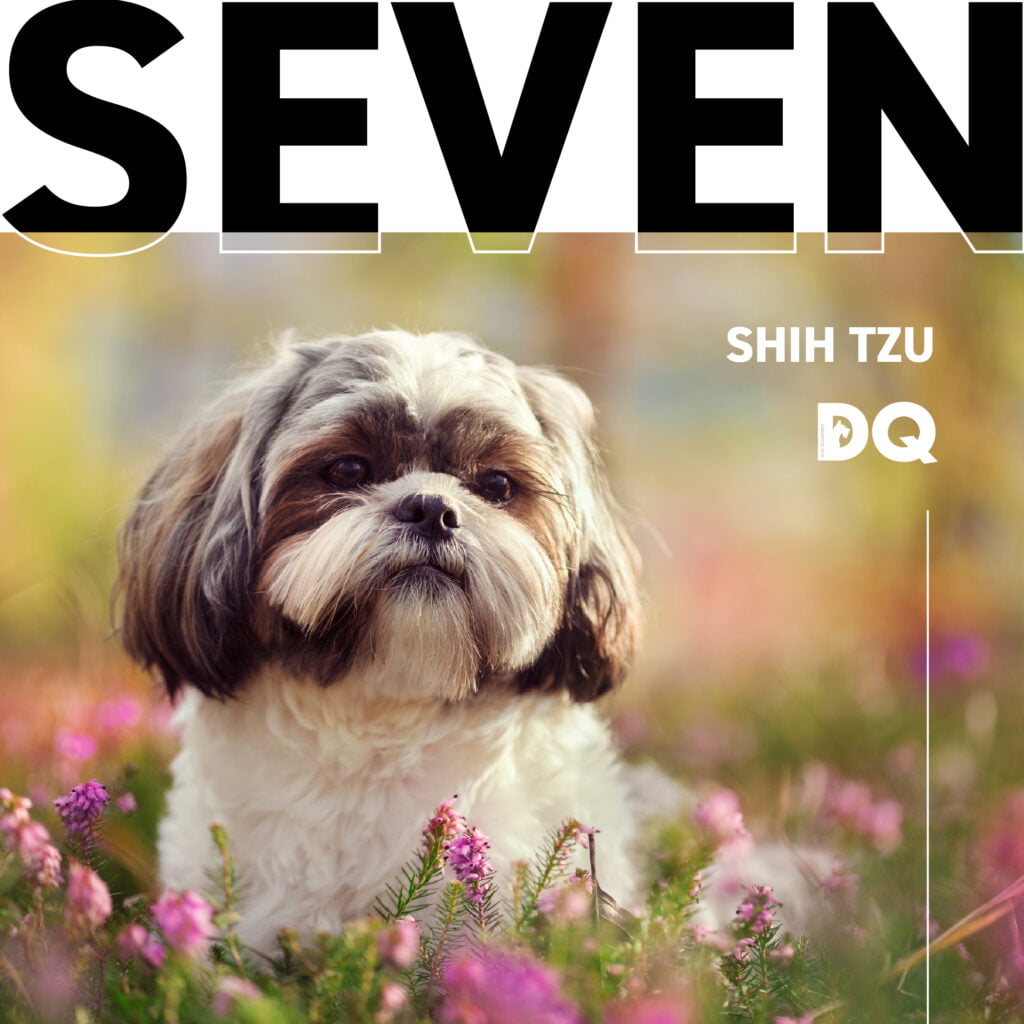
7. Shih Tzu
Despite their long, flowing coats, Shih Tzus shed very little hair. Their hair grows continuously and, like human hair, falls out very minimally. Regular grooming and proper care are essential to maintain their coat and minimise allergies.
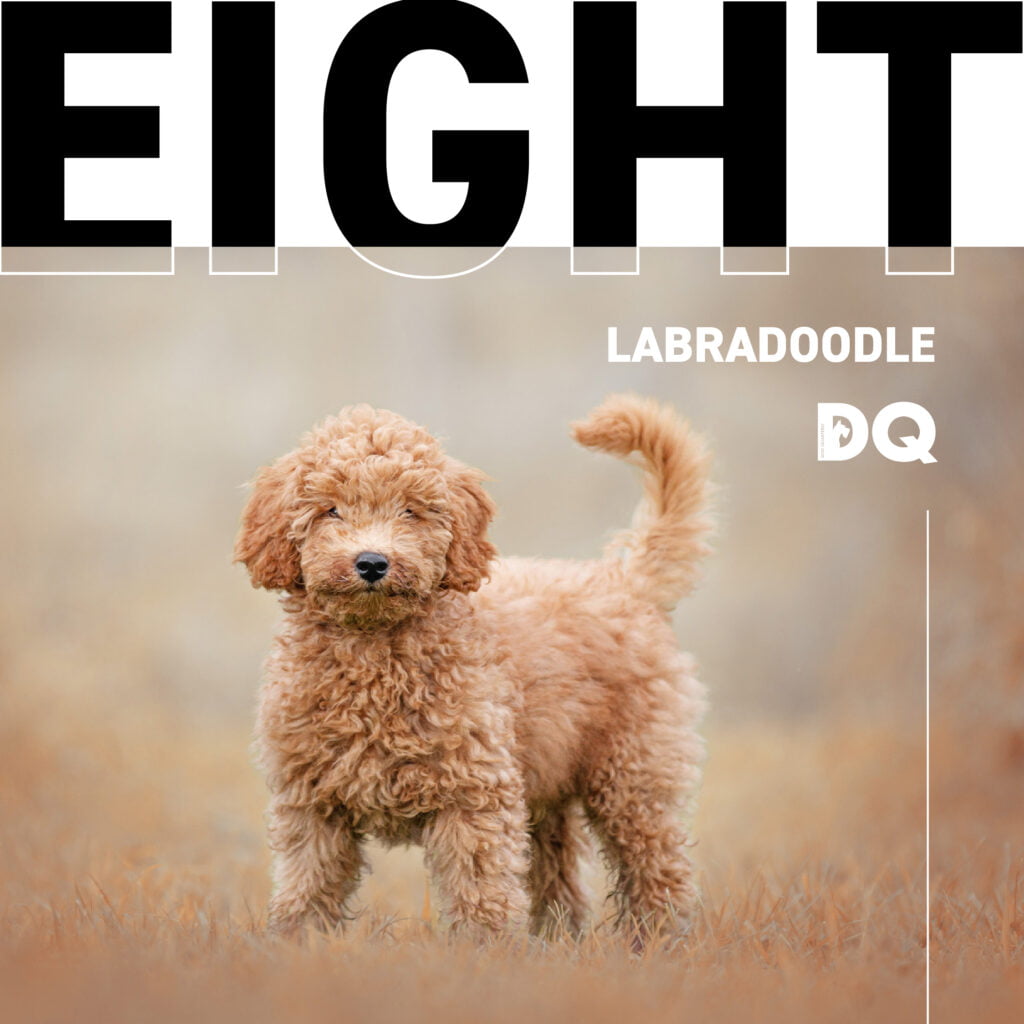
8. Labradoodle
A cross between a Labrador Retriever and a Poodle, Labradoodles can inherit the hypoallergenic coat qualities of the Poodle. They are often recommended for allergy sufferers, but it’s important to note that their coats can vary, so individual dogs may be more or less suitable for allergic individuals.
Considerations for allergy sufferers
Individual variation: Even within breeds considered hypoallergenic, individual dogs may produce more or less dander. Potential owners should spend time with specific dogs to see how they react before making a commitment.
Environment management: Keeping the home environment clean by frequently washing pet bedding, using air purifiers, and vacuuming with HEPA filters can help minimise allergens.
Regular grooming: Regularly grooming the dog, including brushing and bathing, can help reduce the amount of dander and loose hair that spreads through the home.
Conclusion
It’s important to remember that hypoallergenic does not mean allergen-free. People with severe allergies should consult with their doctor before deciding to bring a dog into their home, even if the dog is from a breed typically considered hypoallergenic. We advise that prospective pet owners spend time with a breed, or better yet, the specific individual dog, to ensure compatibility before making a decision. The good news is that with the right breed and precautions, almost all those with allergies can enjoy the companionship of a furry friend.

